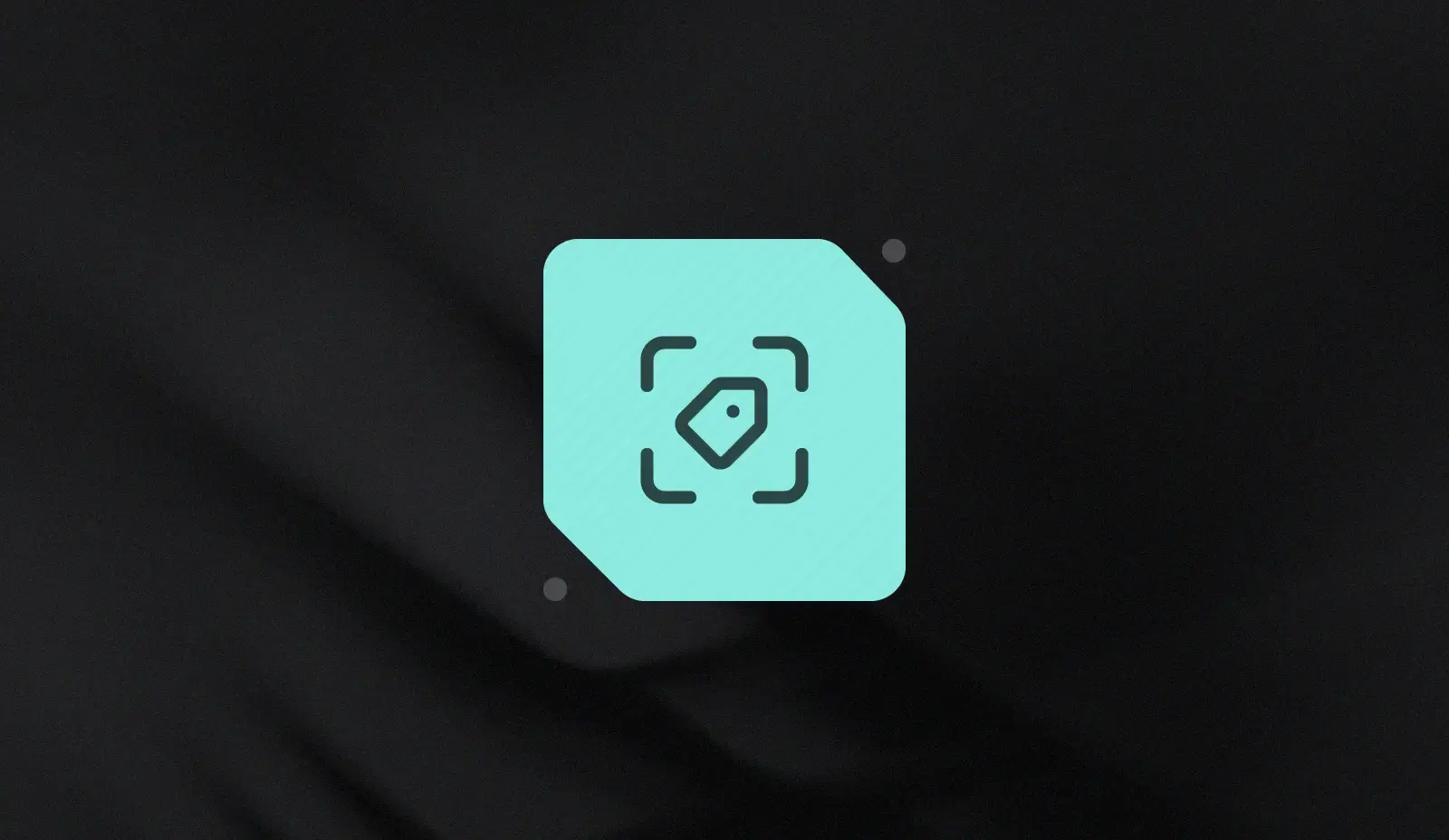
Blog
Insights and updates from the Basis Theory team
Blog
Want Product News & Industry Updates?
Subscribe to the Basis Theory blog to get updates right in your inbox

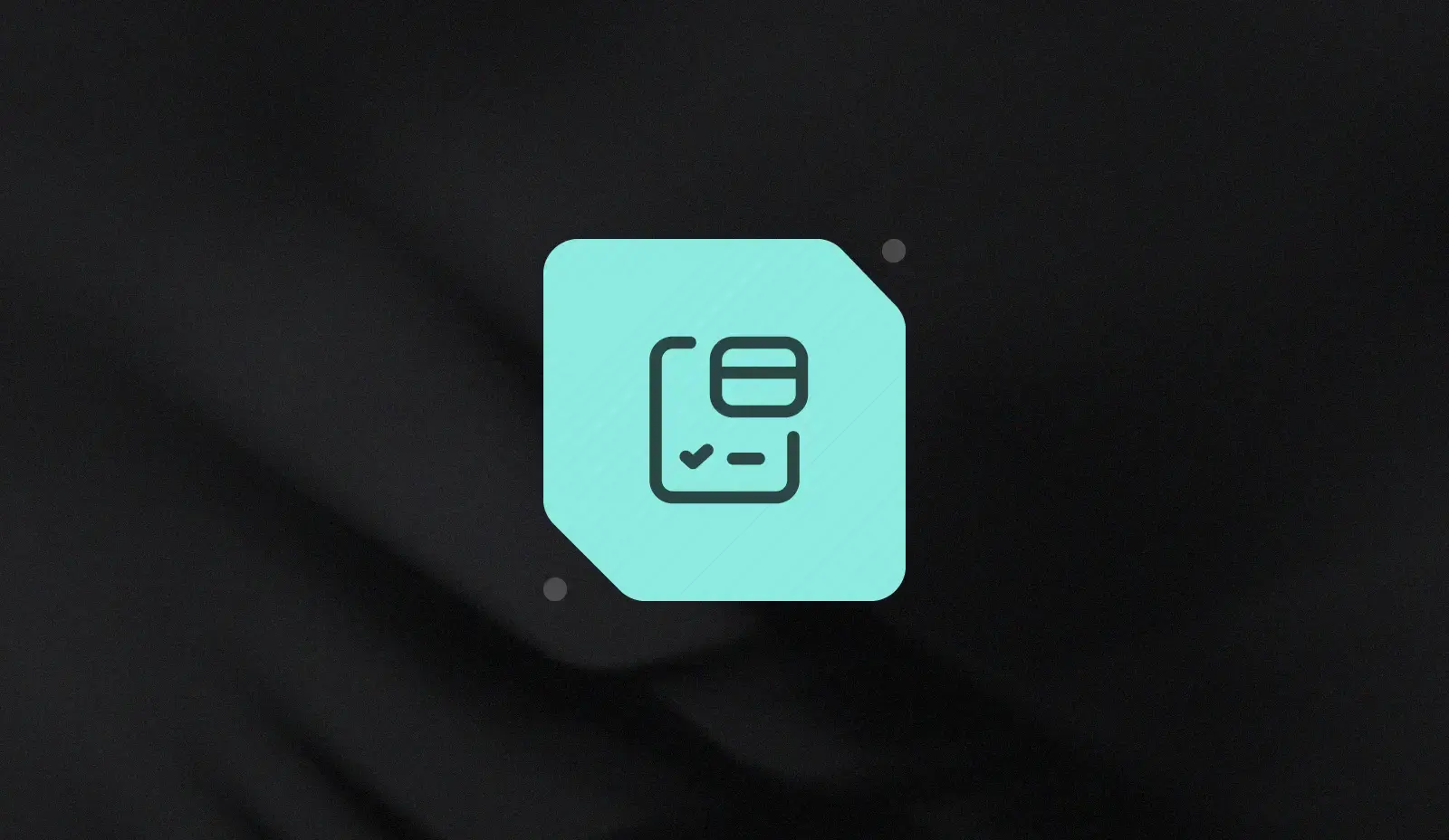
How To Collect and Store Credit Card Data Securely
When merchants accept credit card payments, they also must consider what happens after the transaction is authorized. Can they store the card data? Should they?
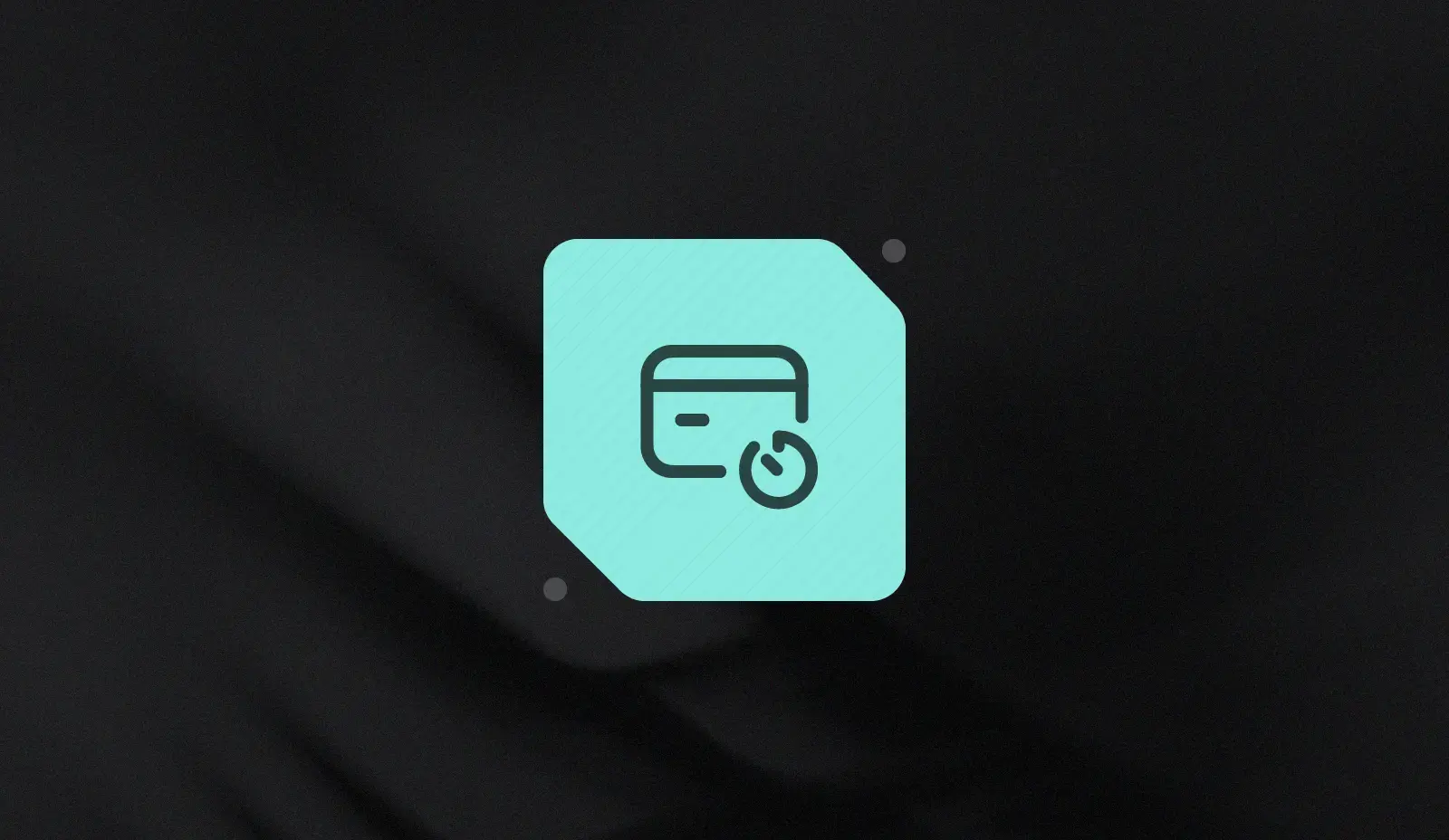
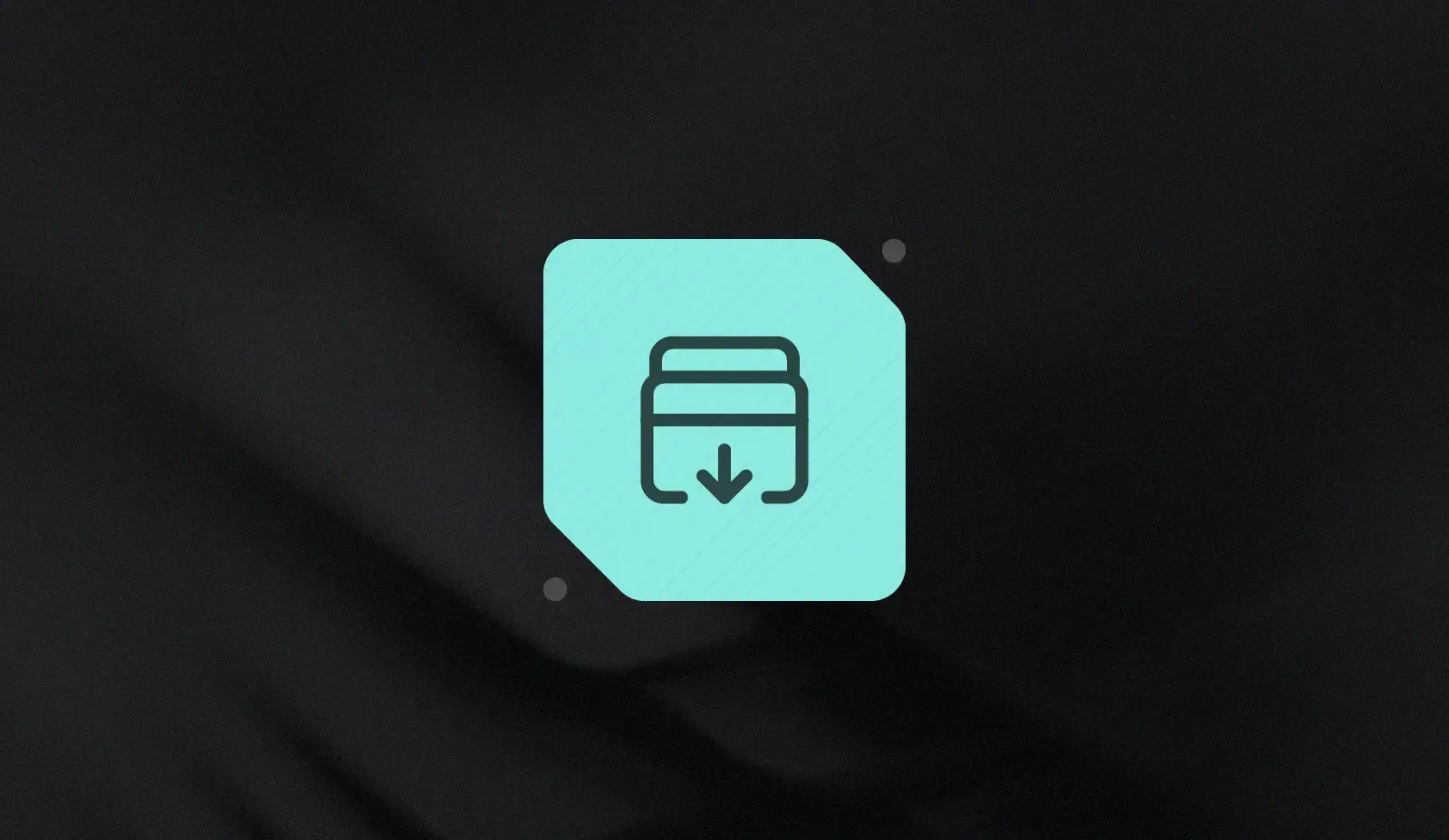
How to Build Your Ideal Payment Stack
Merchants strive to have a seamlessly integrated payment flow for customers. From the outside looking in, many may assume that this is achievable through a light and...
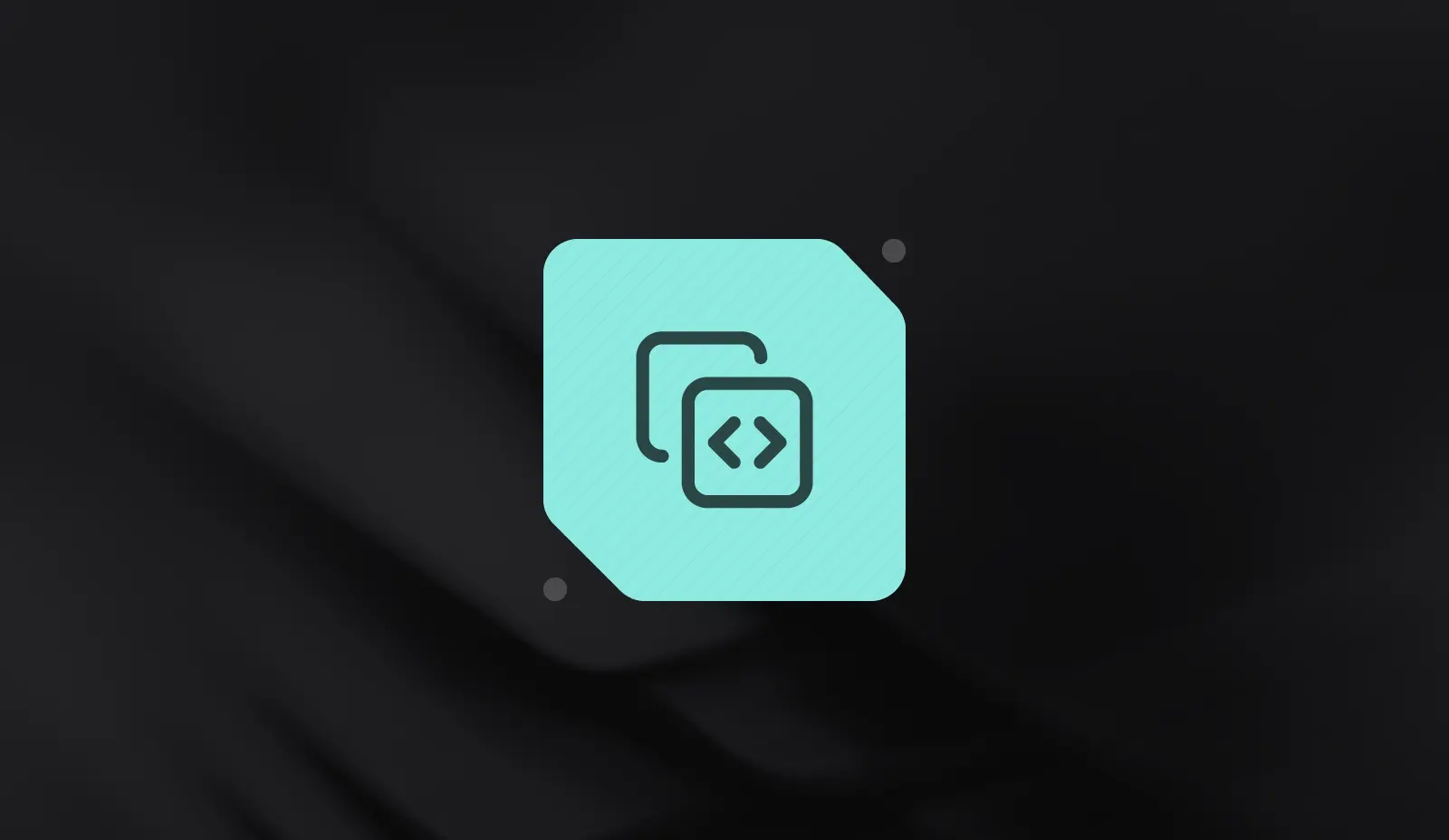
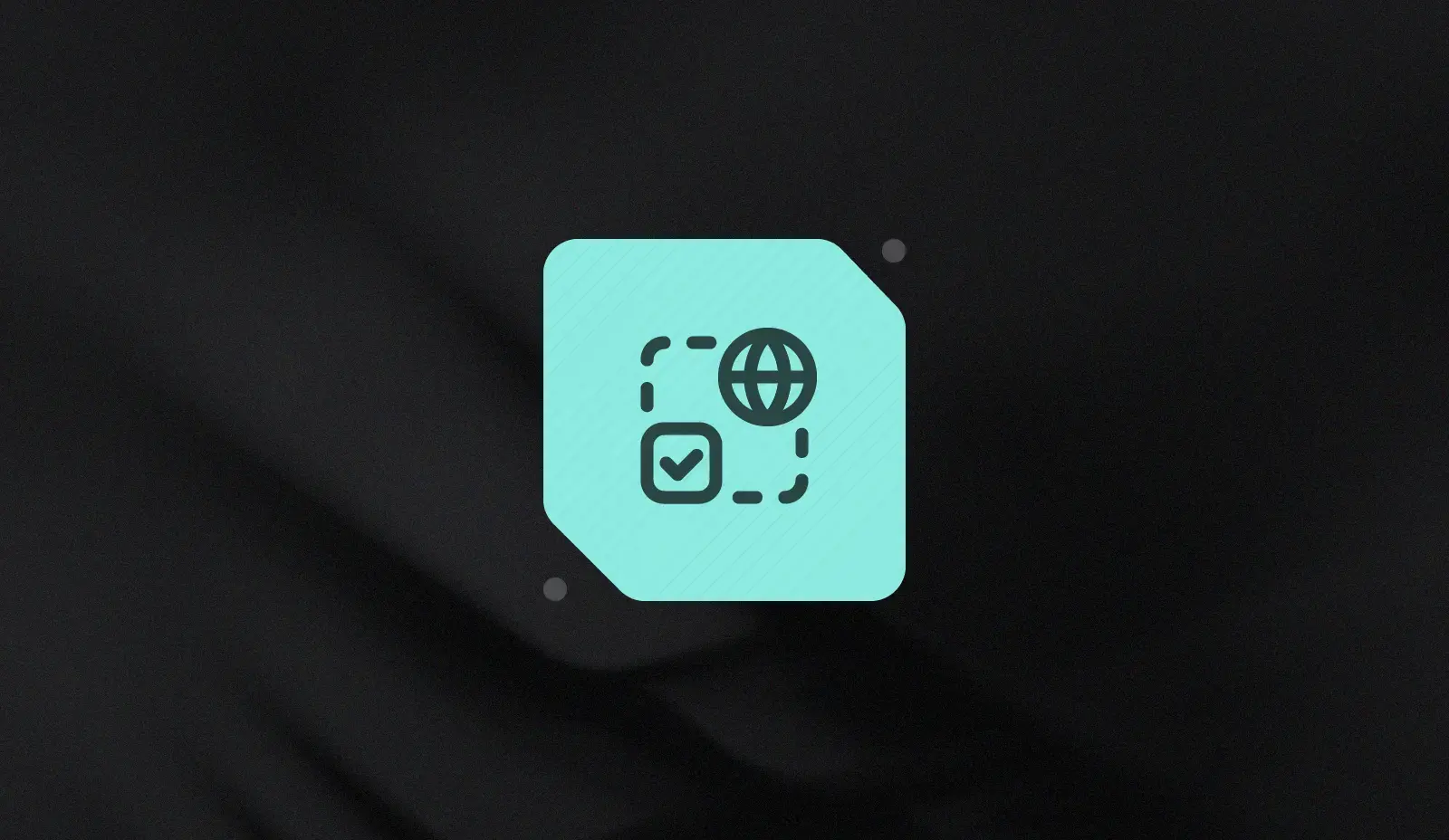

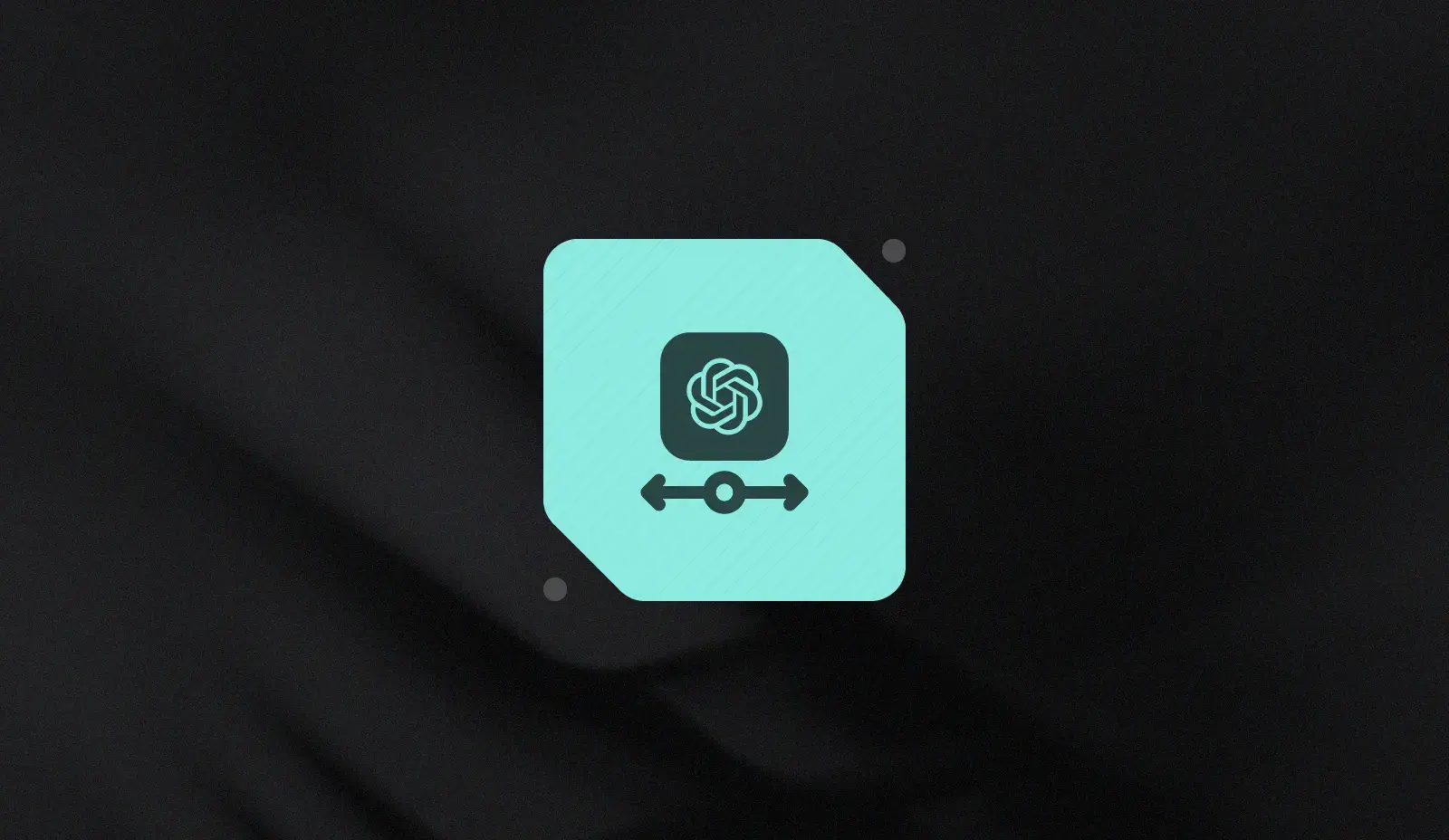
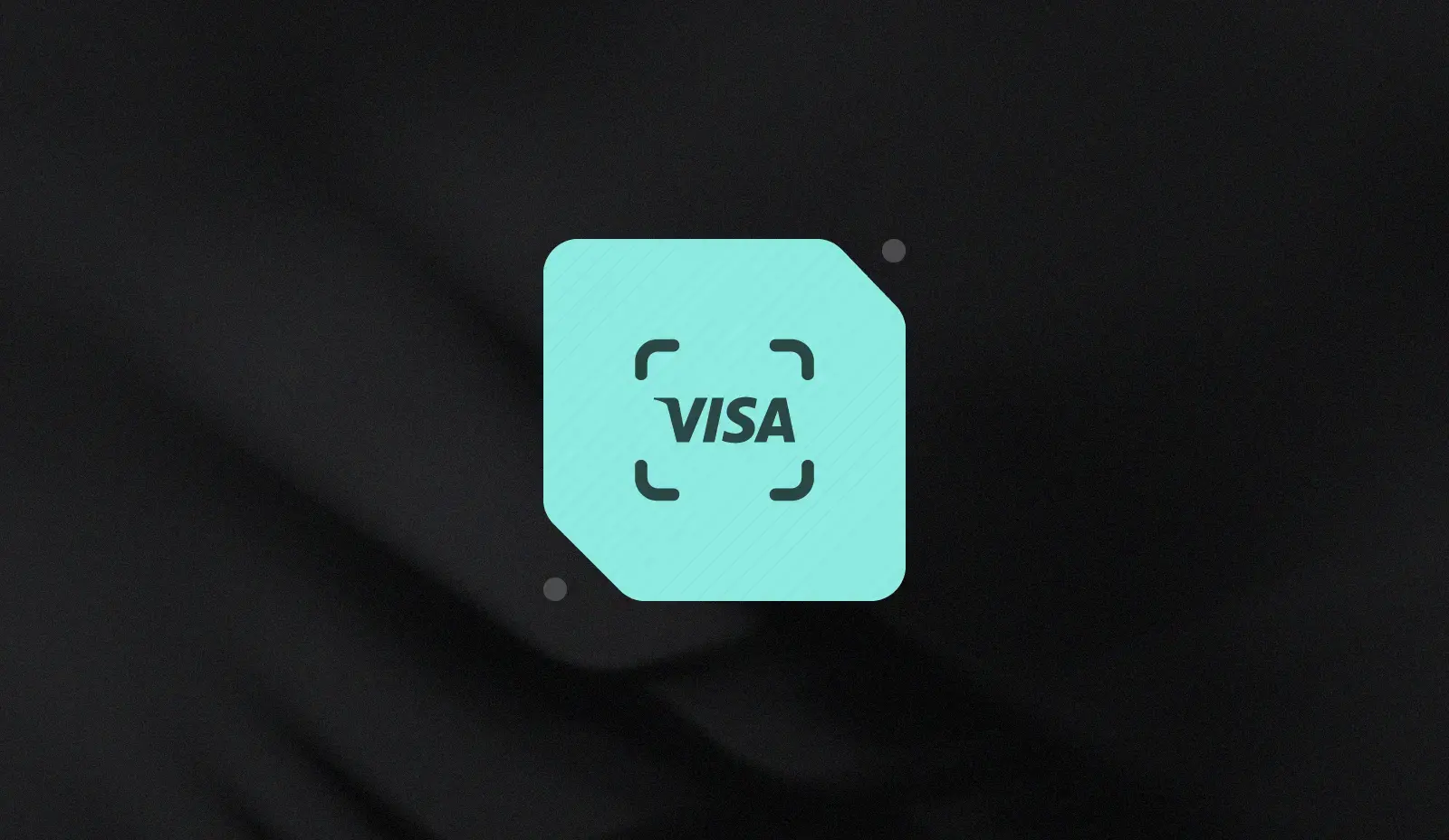

Payment Professionals to Follow in 2026
Whatever route you traveled to get into payments, we’re glad you made it here! This list has been curated to include influencers in the payments industry who speak a...

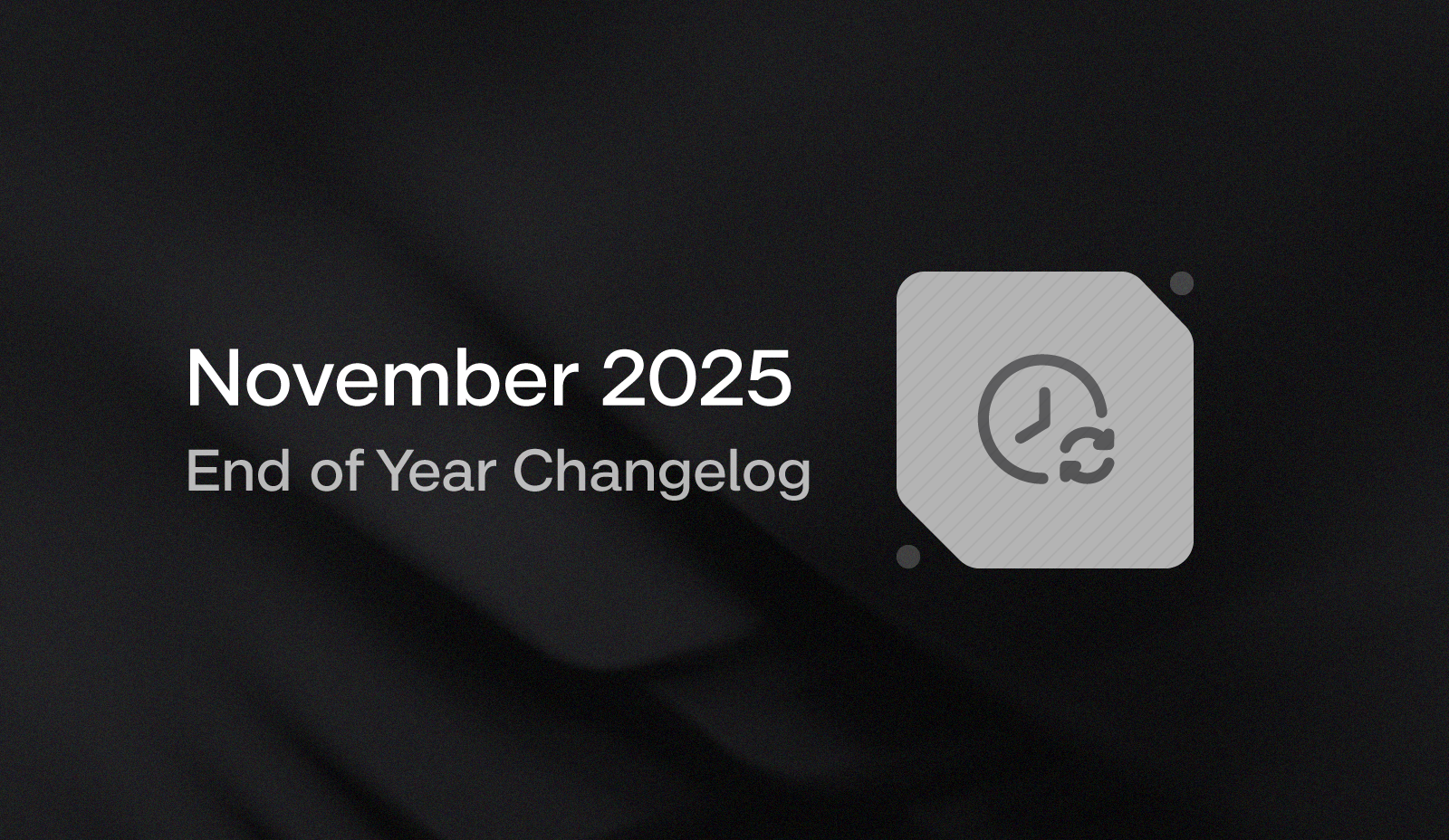

Decrypting Card Payload for Shopify Payments
When this video was recorded, Shopify Payment App documentation was in its early stages and only depicted Ruby code samples.
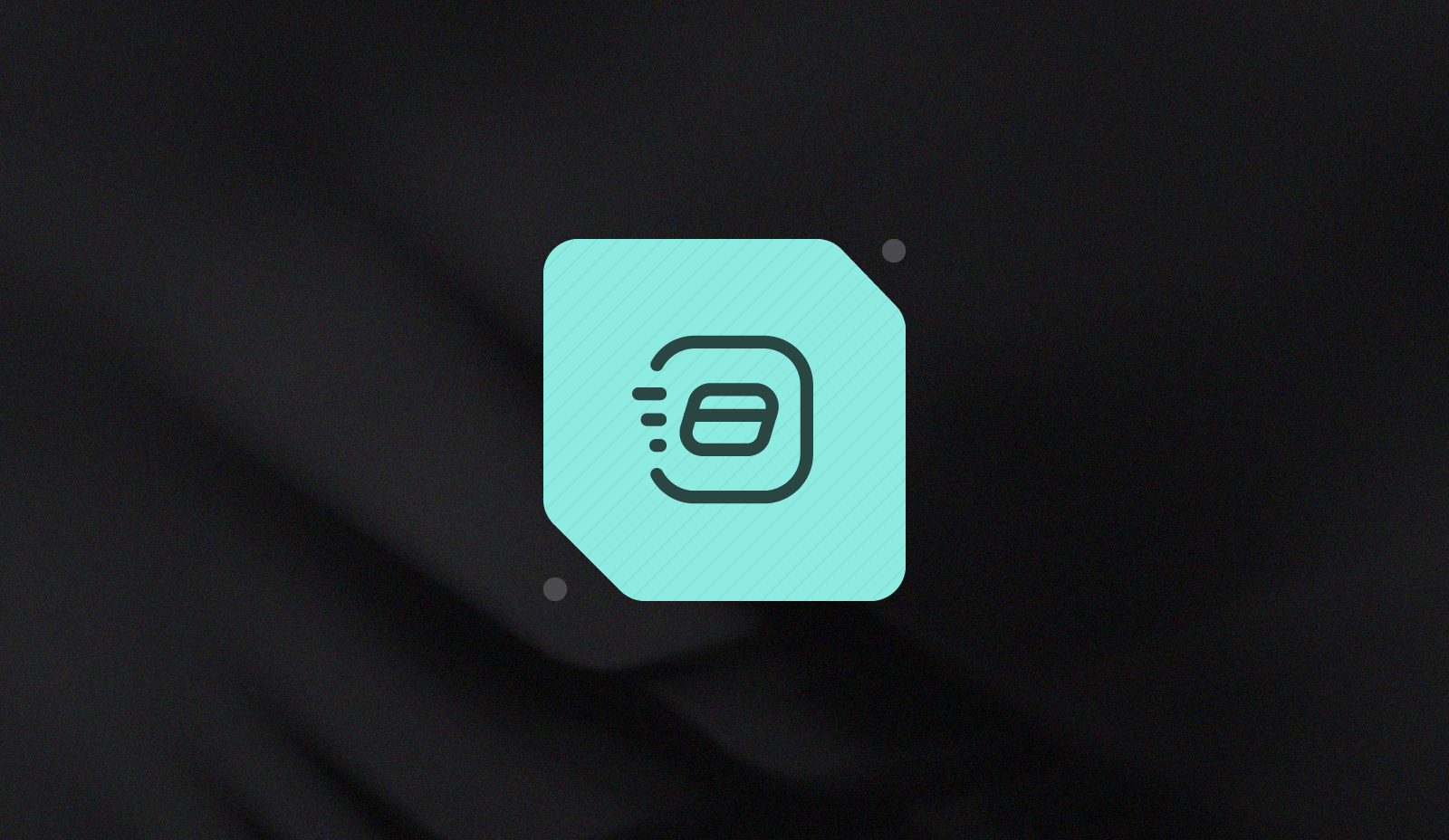







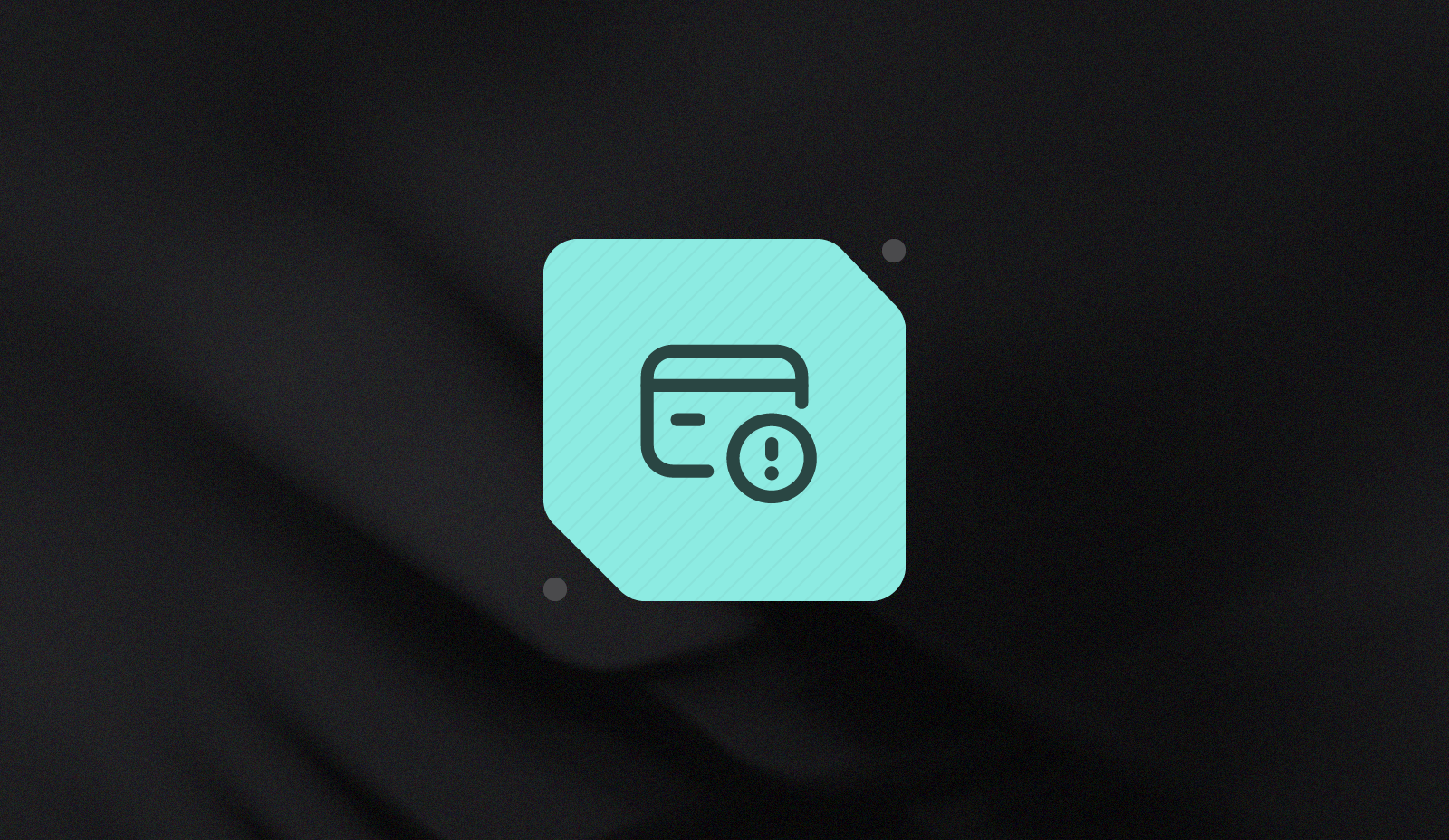
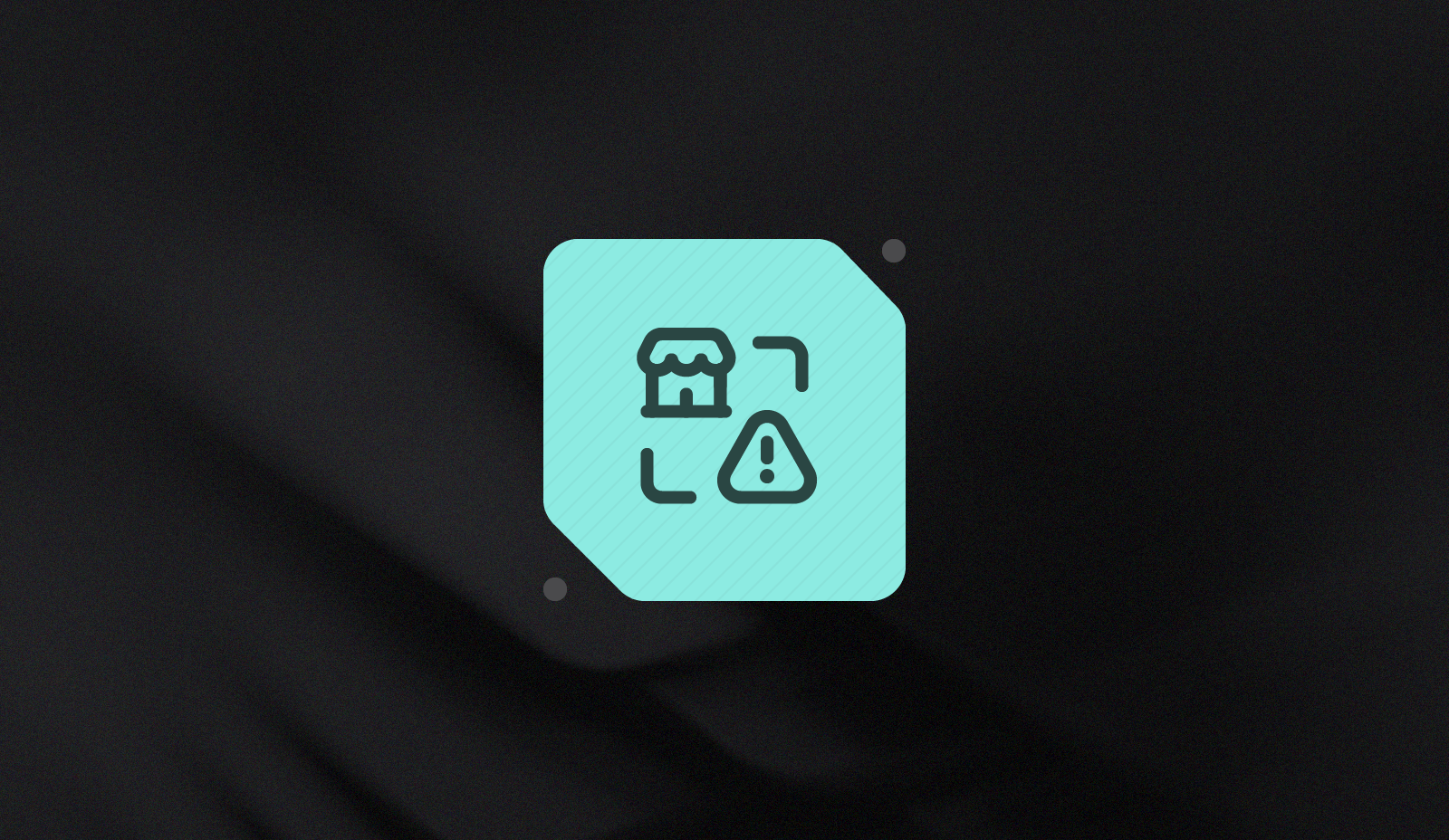
So you’re a high-risk merchant, now what?
The card networks and payment gateways designate high-risk merchants as less safe than their normal clientele because of evidence like high chargeback rates (above 1...

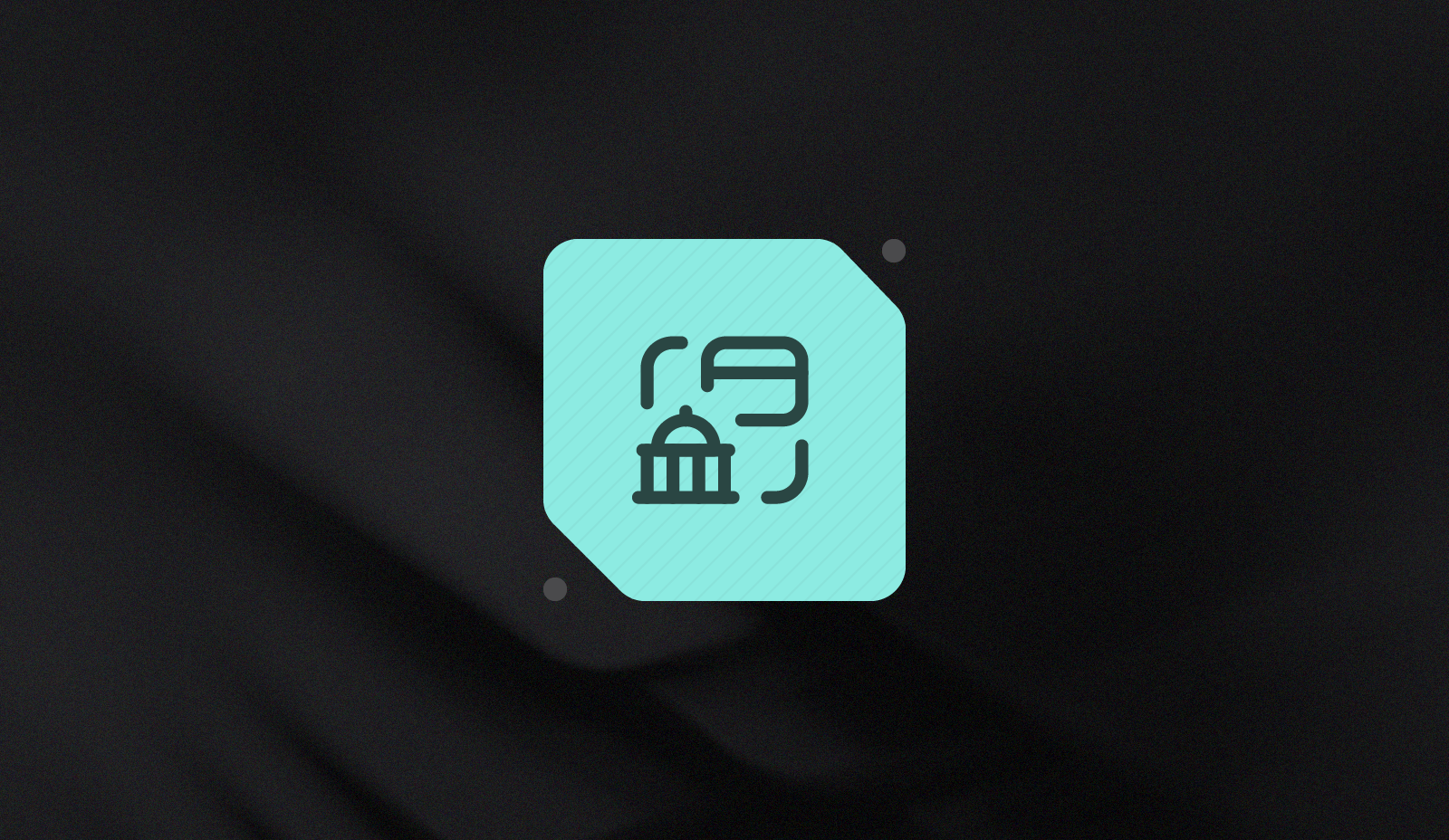

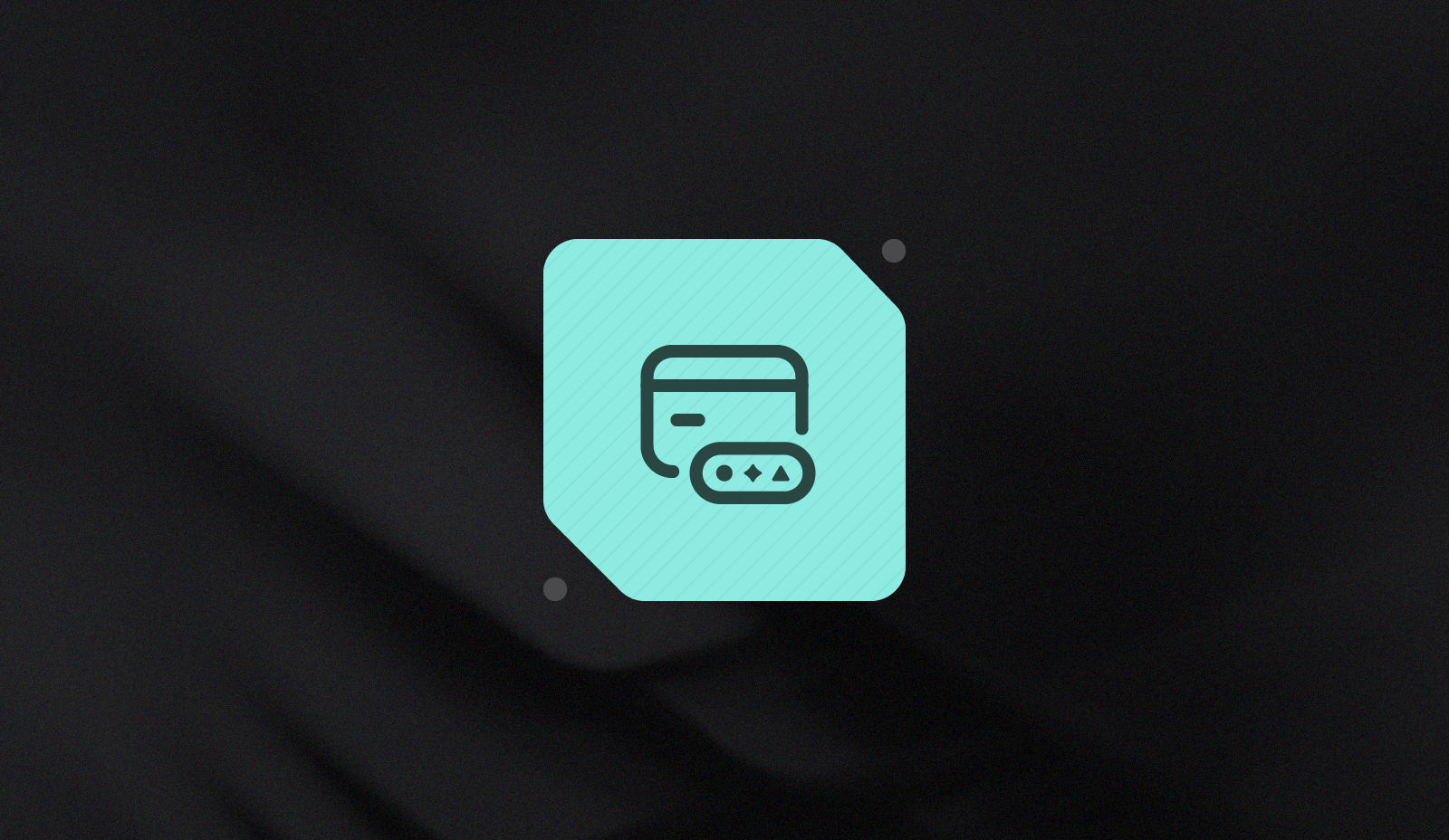
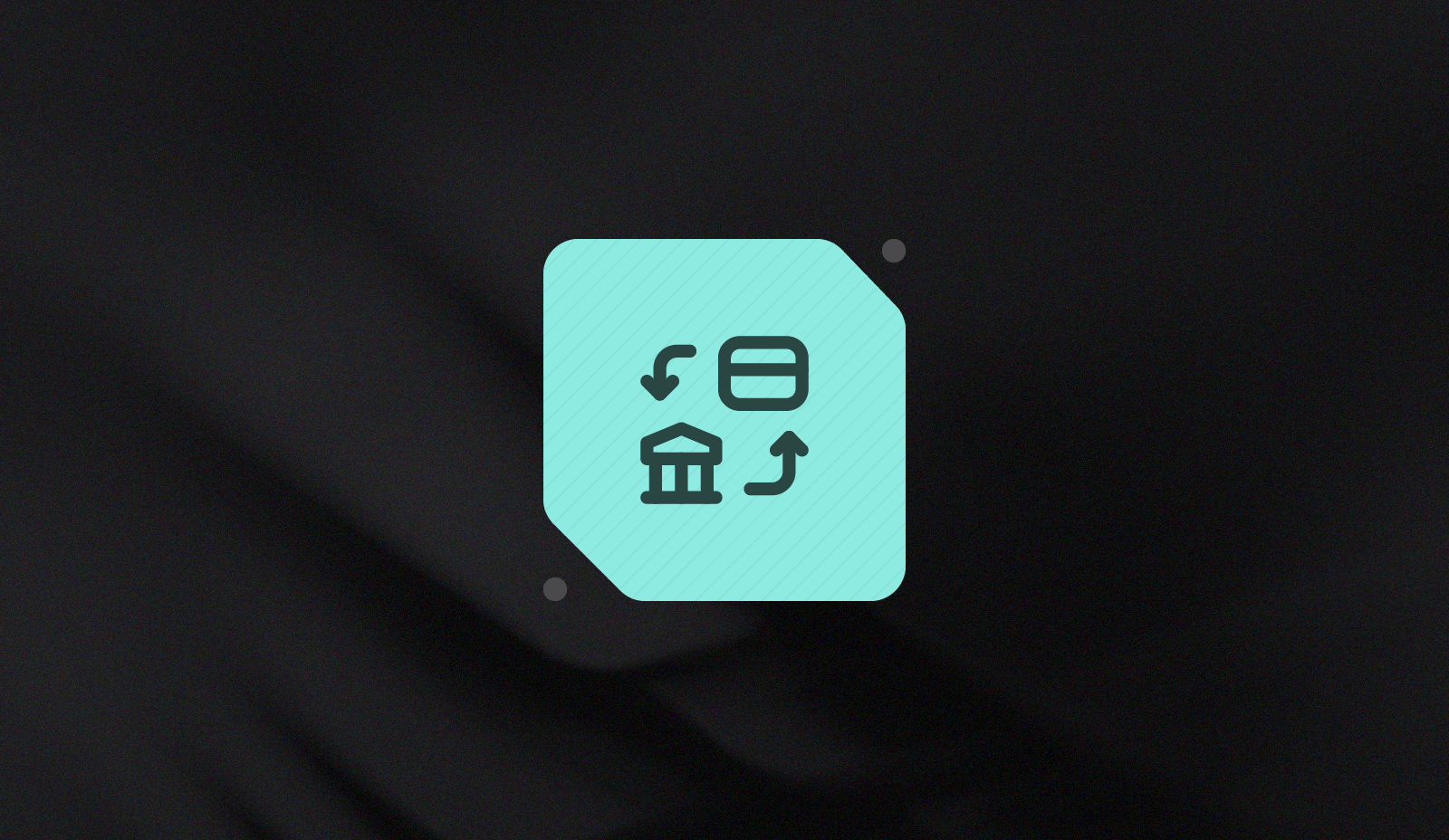


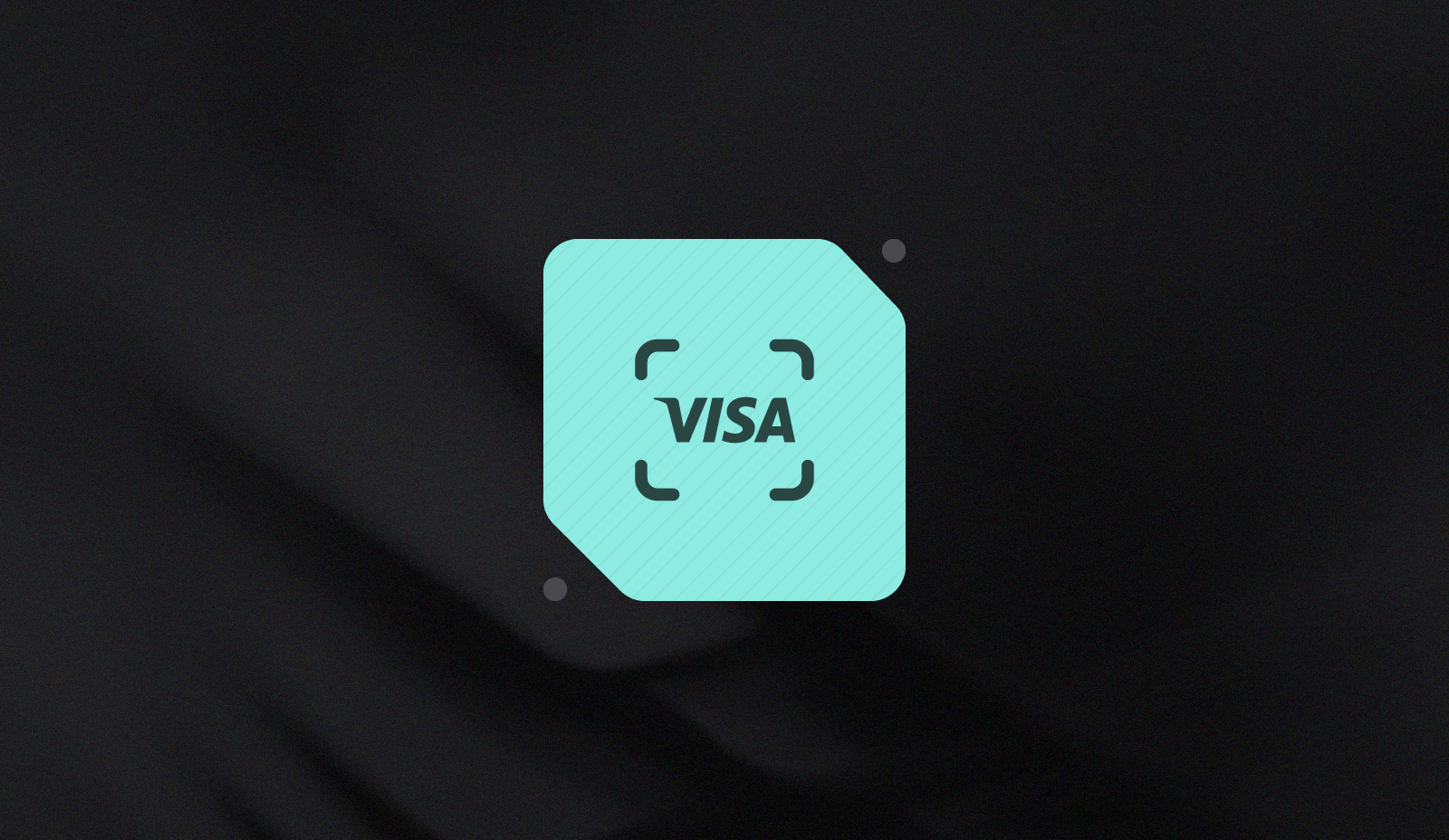

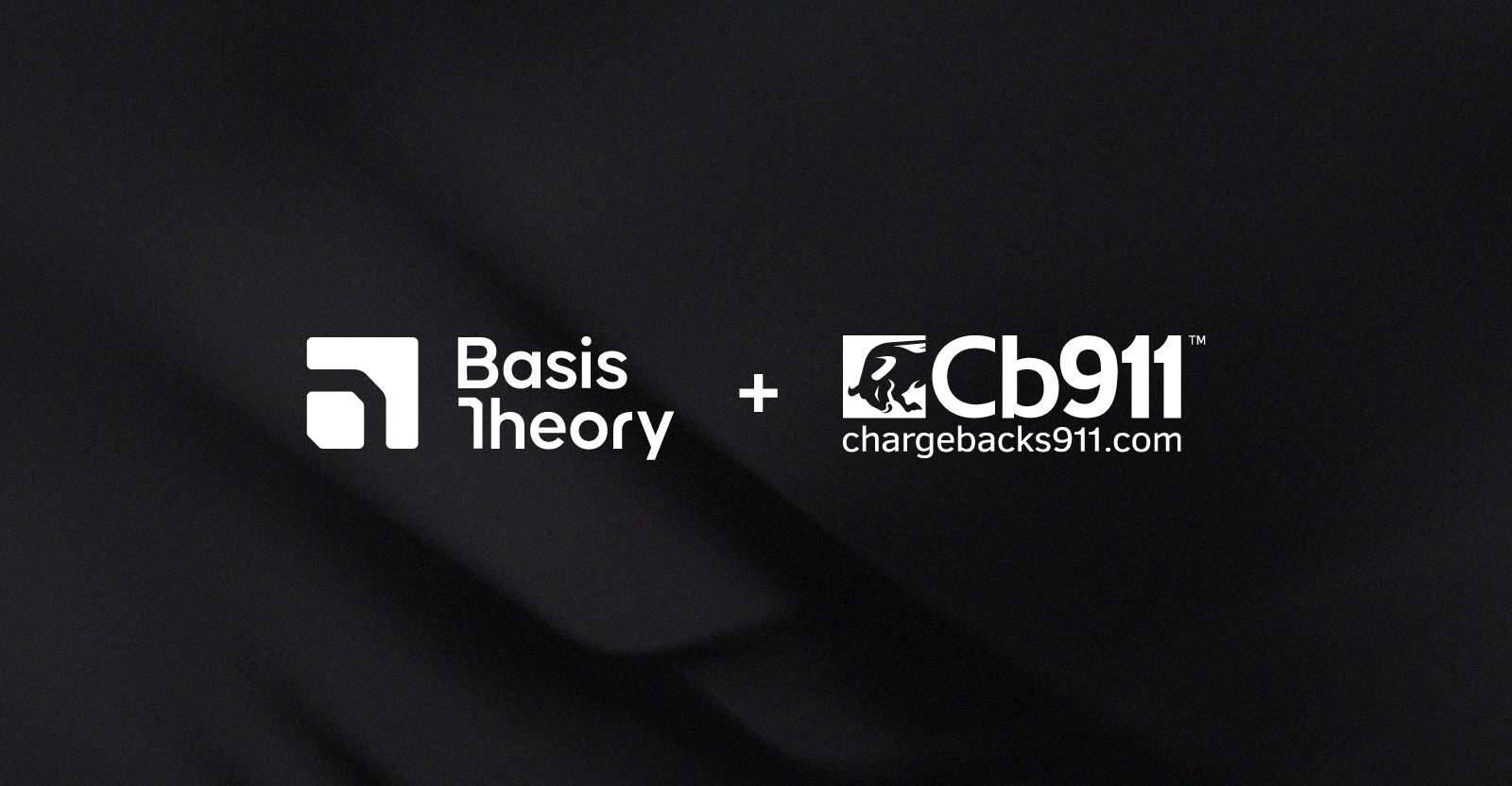


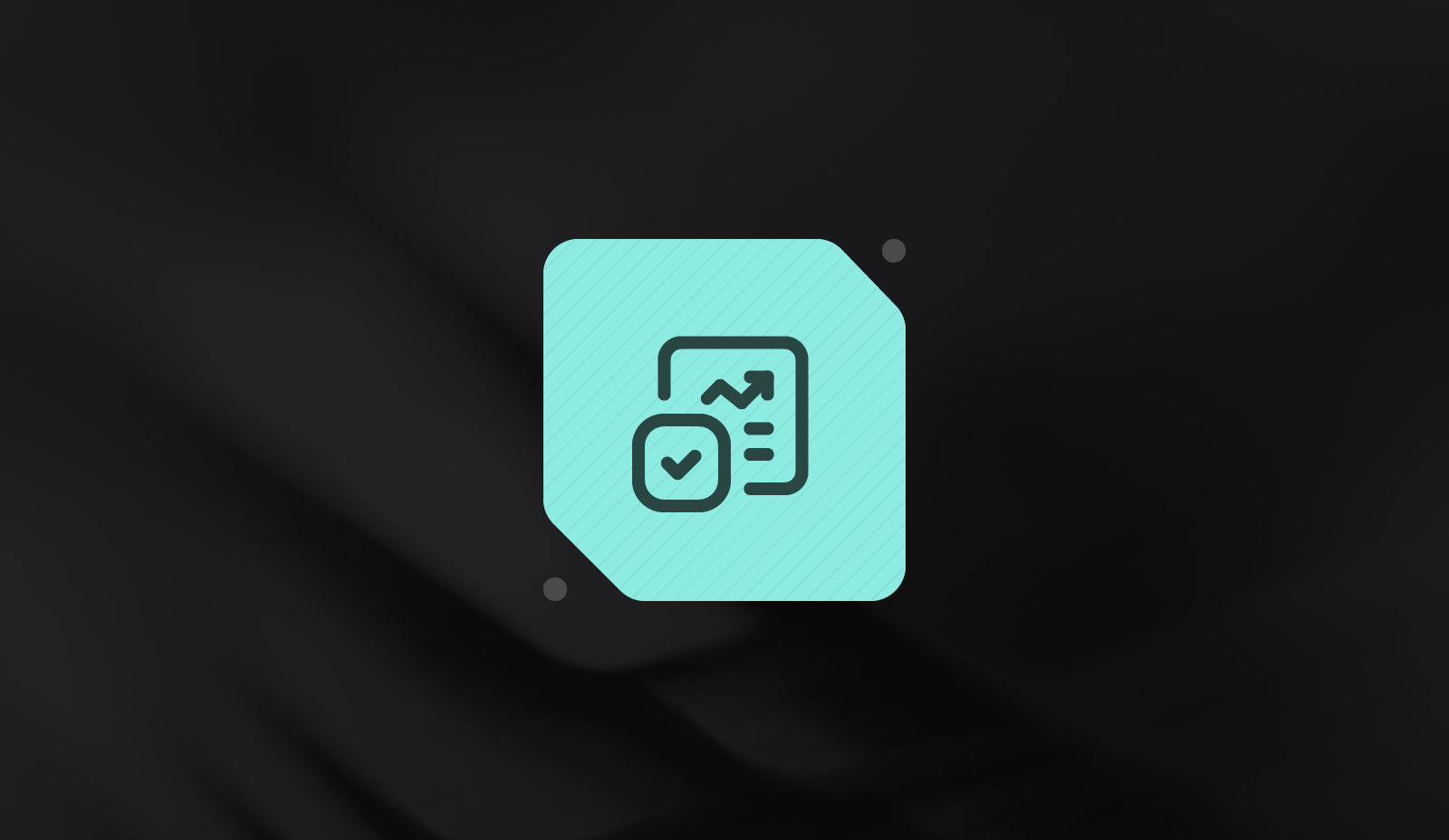
Total Processing Volume (TPV): Why It Matters
Total processing volume (also known as total payment volume, or TPV) is the sum of all payments passed through a specific payment processor over a given period of ti...
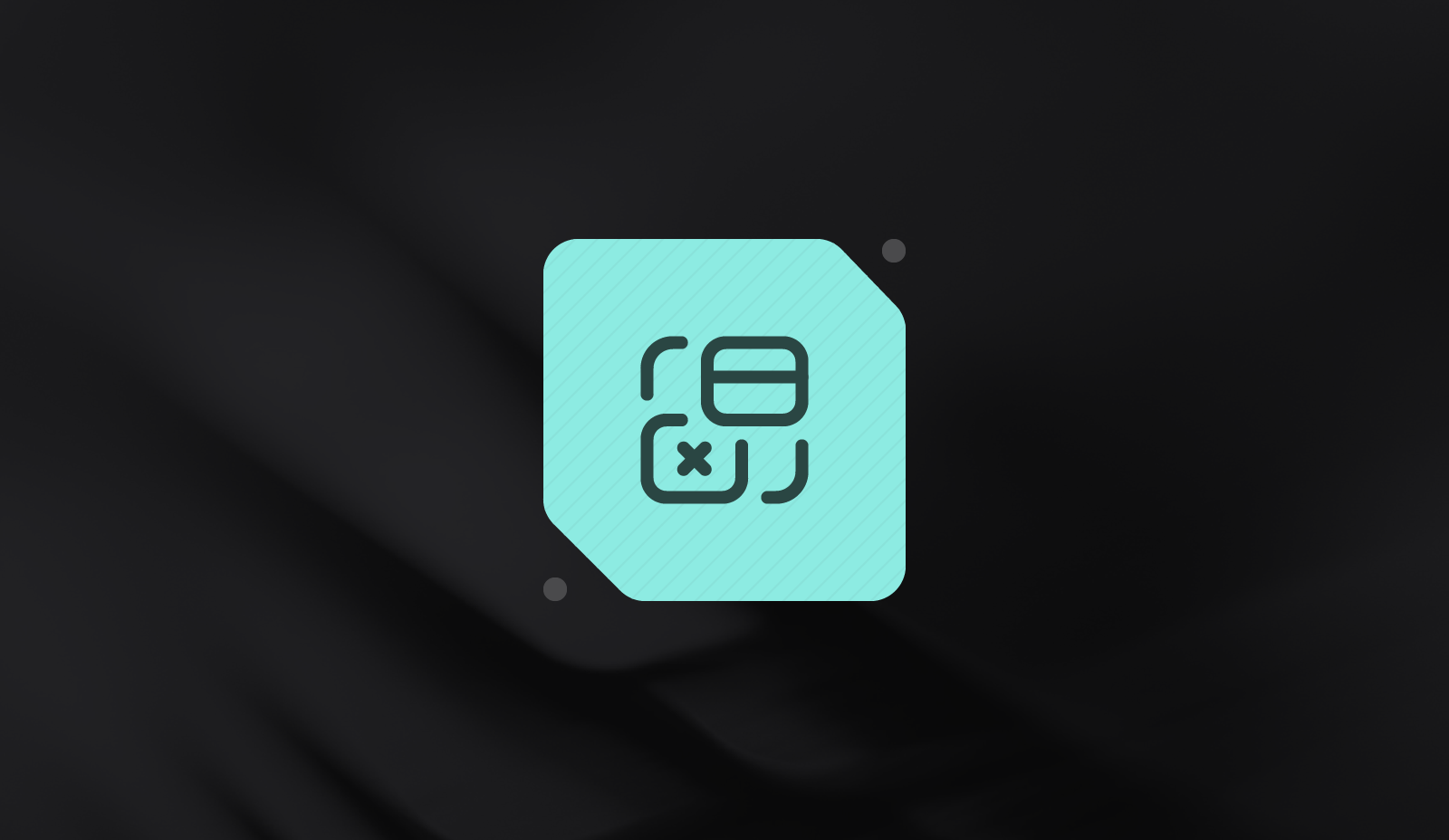
Hard vs. Soft Card Declines: What They Are & How to Reduce Them
As magical as the payment process can seem when everything is going according to plan, the fun can come to an abrupt end when the transaction is declined. Given how ...

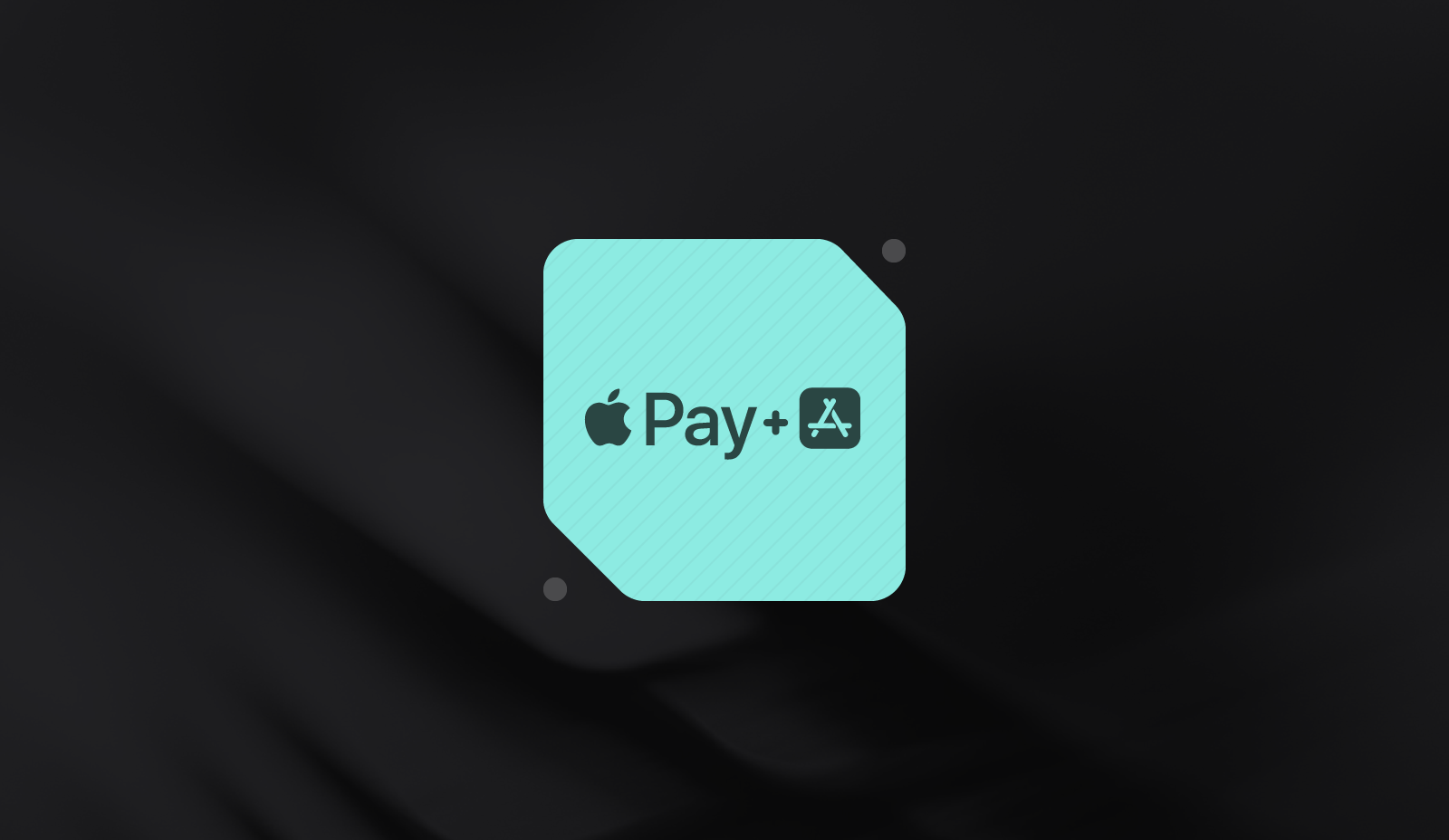

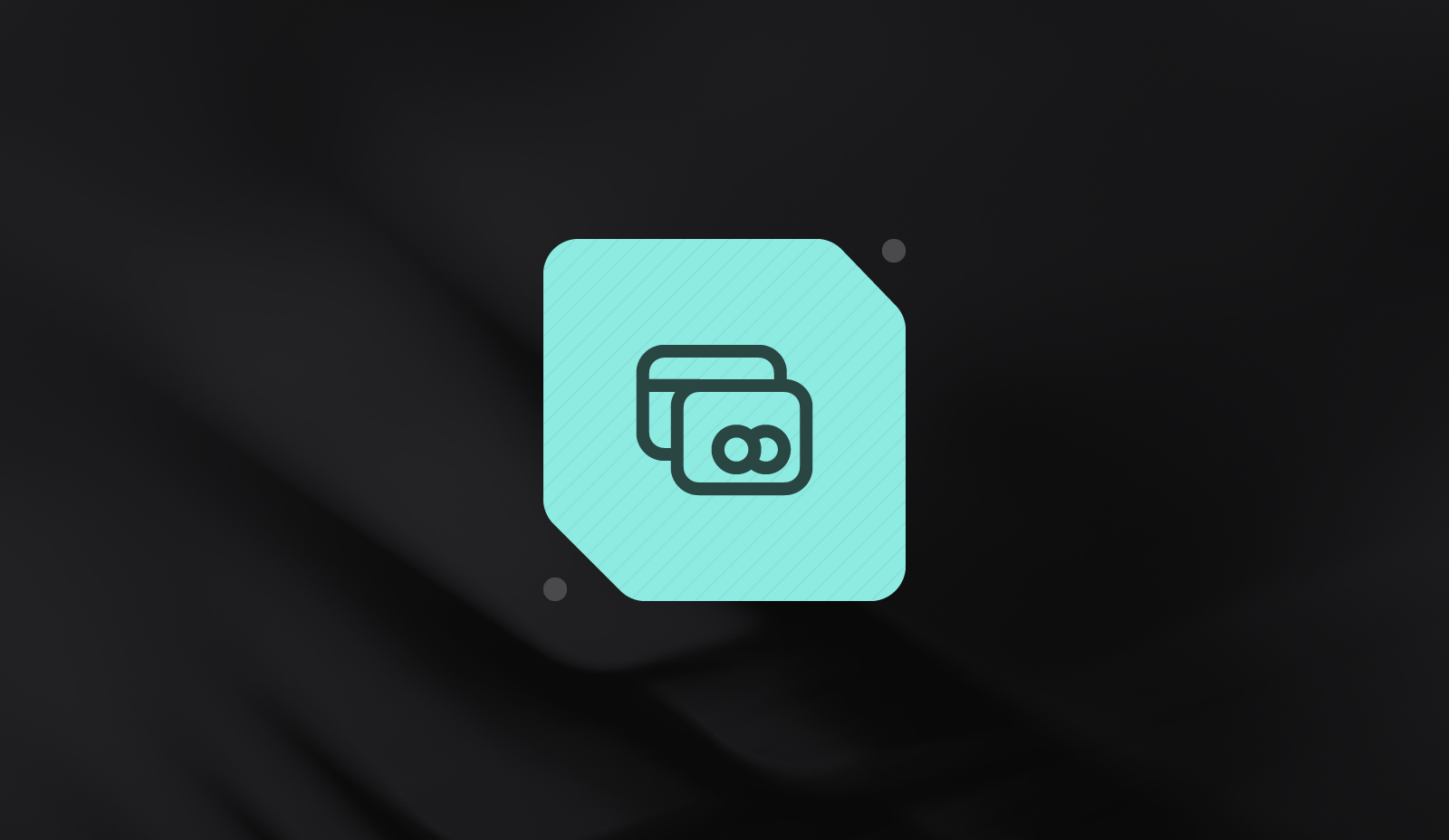
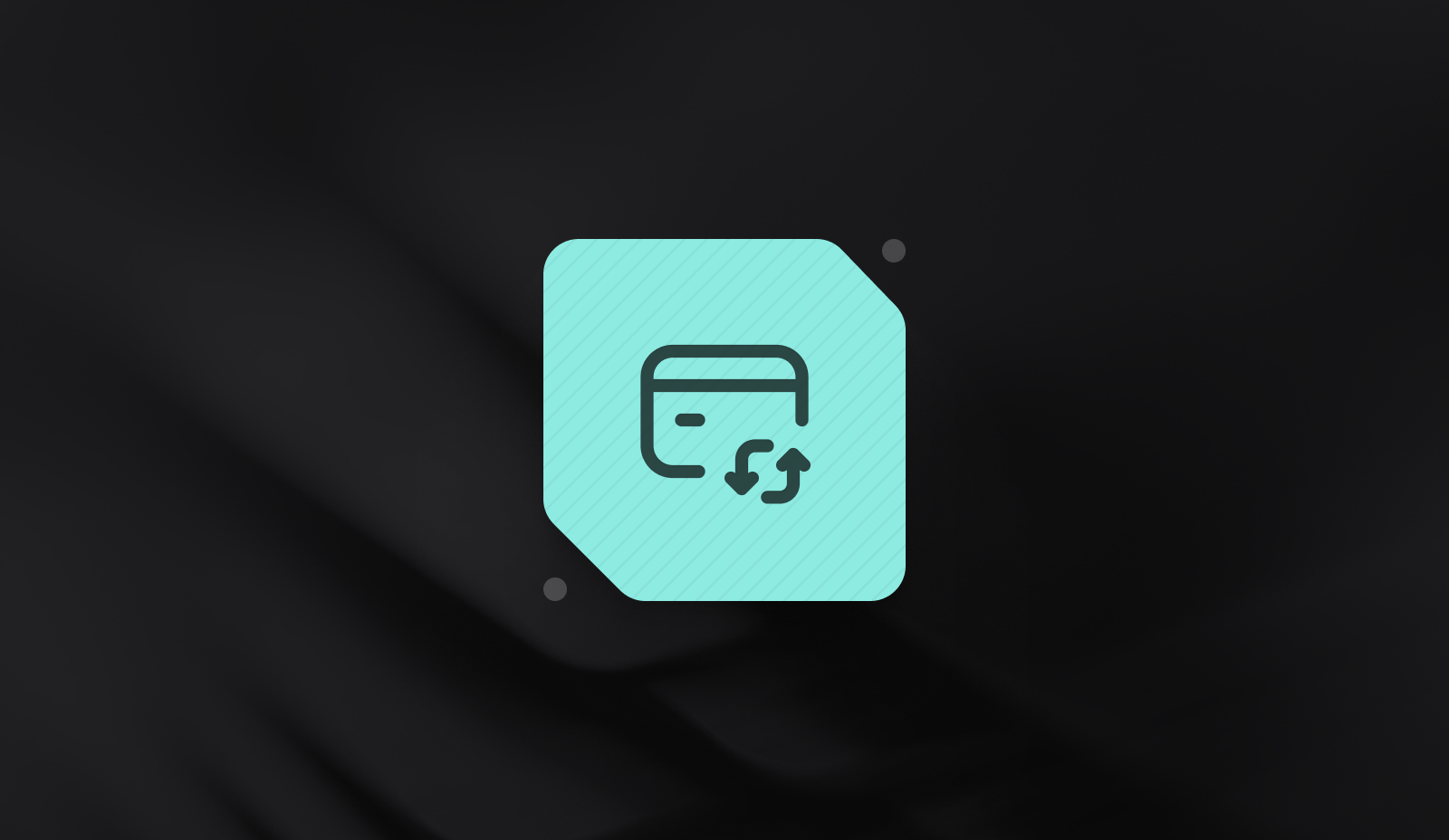
Switching PSPs, Keeping the Payment Credentials
Merchants, especially online, have no choice but to contract with at least one payment service provider (PSP) to ensure they can execute transactions with credit car...

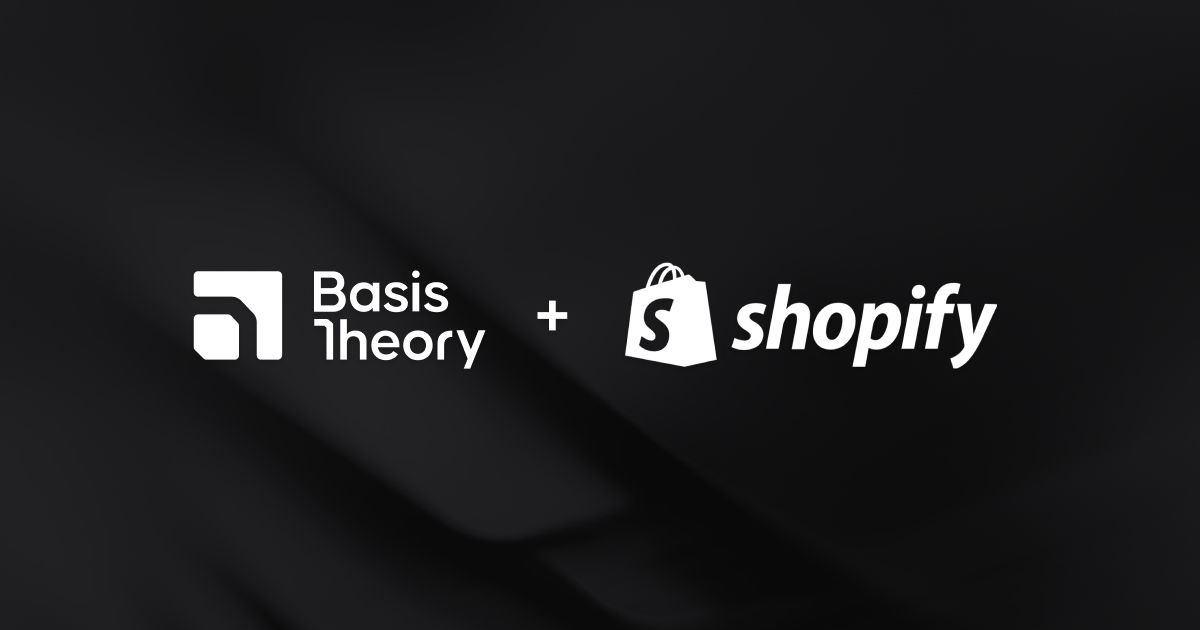


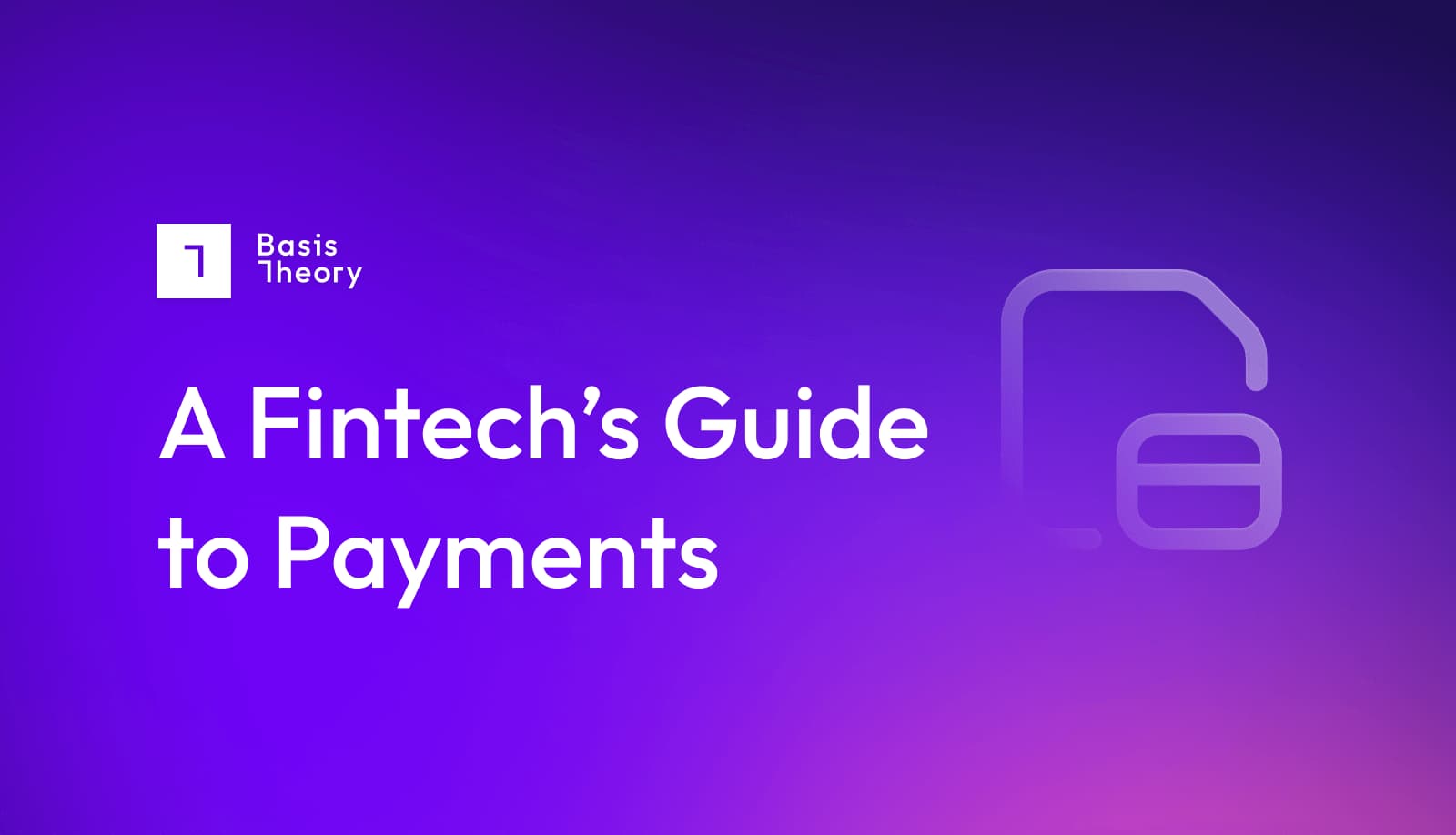



.png?width=365&height=122&name=BTLogo%20(1).png)
